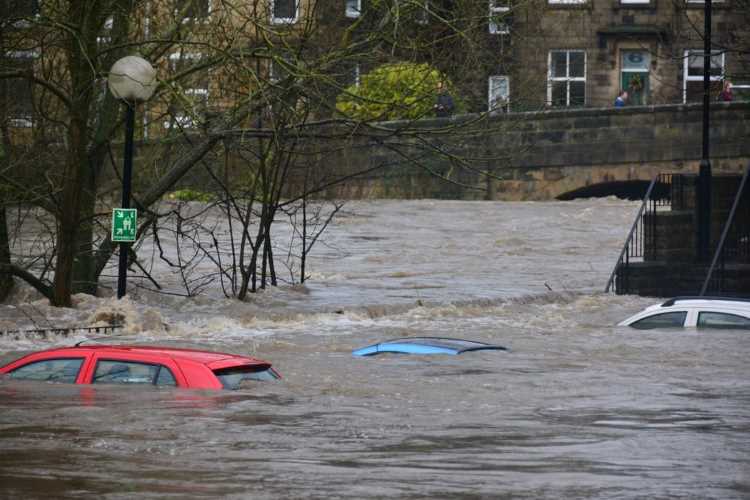
Economists at JP Morgan have warned of catastrophic outcomes if action is not taken to address climate change, saying human life itself could be threatened by the event. The hard-hitting report, which the bank said was prepared by a team independent from the company, is different from the bank’s earlier report in language that is very forceful, says a BBC News report. JP Morgan had come under severe criticism earlier for its investments in fossil fuels.
JP Morgan economists David Mackie and Jessica Murray said the possibility of catastrophic outcomes where “human life as we know it is threatened” cannot be ruled out. Carbon emissions in the coming years will result in irreversible changes in climate for centuries to come. Climate action should be taken keeping in mind the likelihood of extreme events. These events could affect economy, markets, health, and life of people, they said.
READ: Pollution kills: Exposure to ultrafine articles may cause heart attacks
Climate change could result in water crises, famine, displacement and migration. It could also spark off political stress, conflict, and affect biodiversity and survival of species, warns the report. Greenhouse emissions need to be brought down to zero by 2050 to stop climate change. For this there should be a global tax on carbon, the report says. This is unlikely to happen anytime soon, it says.
While developing countries want carbon fuel to raise living standards, developed countries are hesitant to cut emissions that could affect competitiveness and jobs, says the report, adding it is a global problem with no global solution in sight. The banks had red flagged climate change before also, but not in such strong terms as its economists did this time.
READ: Climate change: Indian monsoon among nine tipping points
The revenues of large corporates like JP Morgan could be hit due to inaction on climate change. A 2019 report by the Rainforest Action Network said the US banking giant was a major finance provider for fossil fuel firms. Rupert Read, who teaches at the University of East Anglia, said if the bank’s own researchers have such a bleak view of the future of the human race, it should change its policies.
